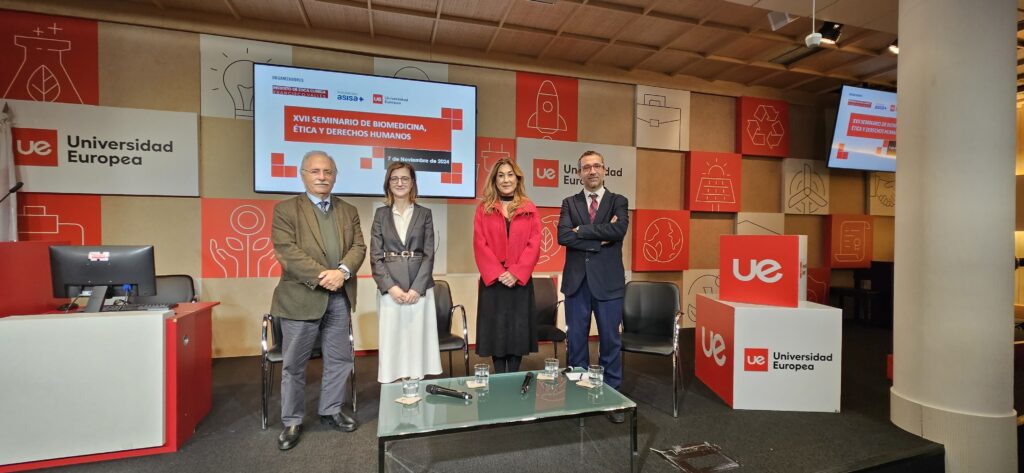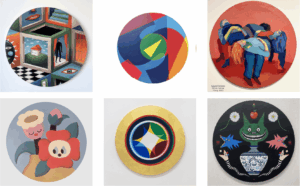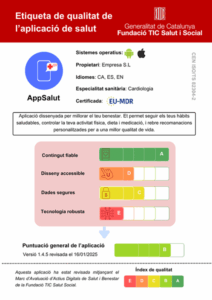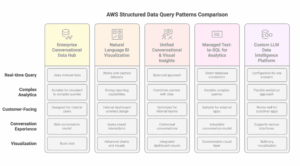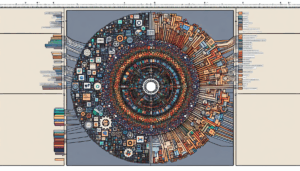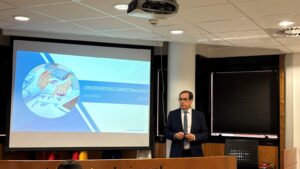At the Auditorium of Building B on the Villaviciosa de Odón Campus of the European University of Madrid, the XVII Seminar on Biomedicine, Ethics, and Human Rights has begun. This event, taking place on November 7th and 8th, brings together prominent experts with the aim of addressing some of the most relevant issues in the field of current bioethics. Organized jointly by the Francisco Vallés Institute of Clinical Ethics, the European University, and the ASISA Foundation, the seminar seeks to delve into the complex decisions surrounding the beginning and end of life, as well as the integration of advanced technologies such as artificial intelligence and robotics in medical practice.
One of the central themes of the seminar is the influence of various religious and spiritual beliefs on crucial medical decisions, exploring how these perspectives can be incorporated in a clinical and social environment increasingly reliant on technology. Professor Fernando Bandrés, honorary president of the seminar and professor of Forensic Medicine at the Complutense University of Madrid, emphasizes the essentiality of rigorously addressing the role of beliefs in medical decision-making. According to his words, “medicine and religion are in continuous relationship.”
Among the participants are academics such as Benjamín Herreros and Sara Bandrés, who, along with Fernando Bandrés, coordinate this annual event that attracts both healthcare professionals and students from various disciplines. Throughout the sessions, various presentations will be held aiming to promote constructive dialogue on bioethics in connection with a variety of religious traditions, spanning from Catholicism and Judaism to Eastern and African beliefs.
The organizers have highlighted that the topics addressed, while not necessarily urgent, are of significant importance, requiring a deep understanding to achieve consensus and tolerance within a pluralistic and democratic context. The goal is to promote medical practice that respects individual beliefs while establishing common guidelines to guide coexistence and clinical decisions.
The seminar features interventions from figures such as Manuel Fraijó, professor of philosophy of religion, and the physician and communicator Pedro Gargantilla, who analyze both the historical and contemporary impact of religions in the medical field. The “James Drane Master Lecture in Bioethics,” delivered by Fernando Lolas, emphasizes the importance of adopting an inclusive bioethical perspective based on civic commitment.
This event has become a essential multidisciplinary forum for reflecting on the ethical and legal challenges brought by the advances of biomedicine in the 21st century. Both the European University and the ASISA Foundation, organizational pillars of the seminar, reaffirm their commitment to ethical education and the promotion of values in healthcare, thus contributing to strengthening a practice of clinical excellence.
via: MiMub in Spanish

